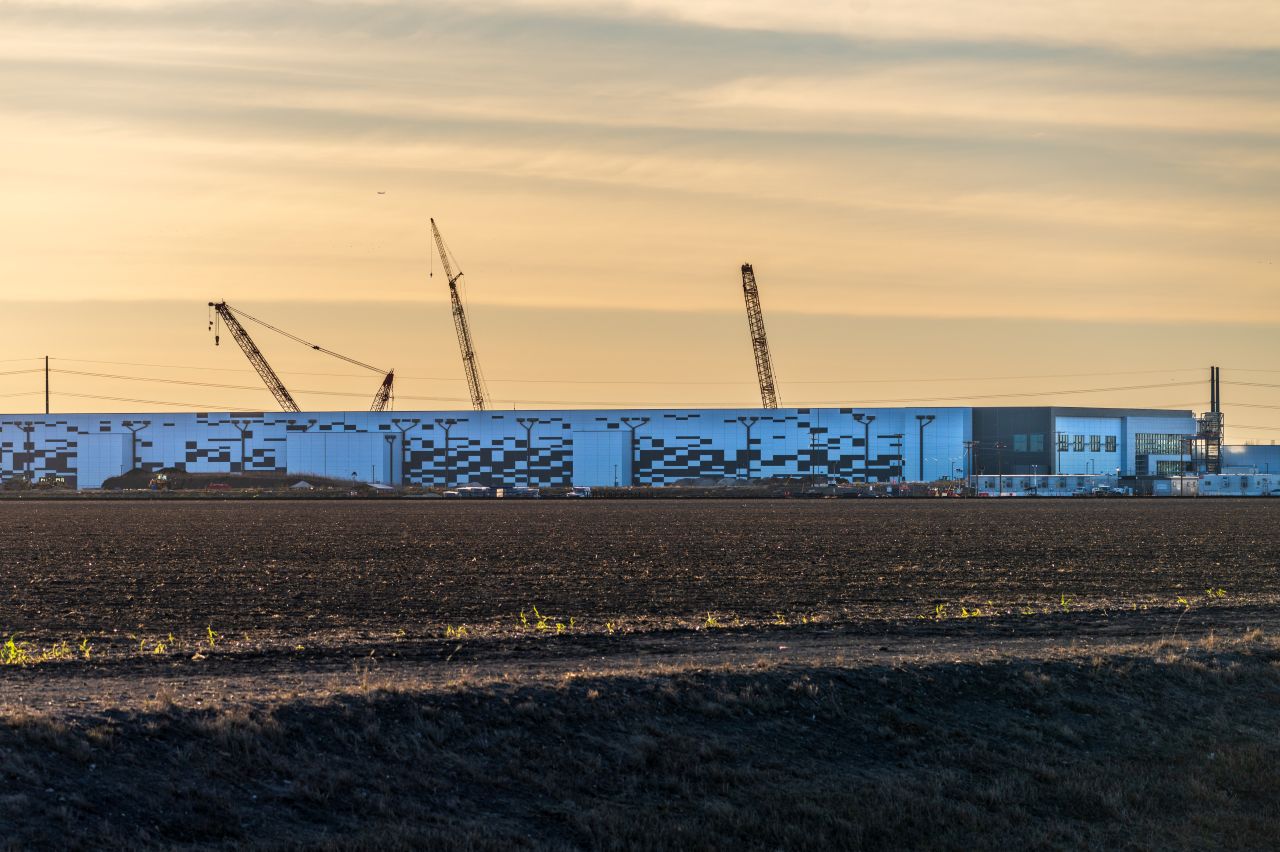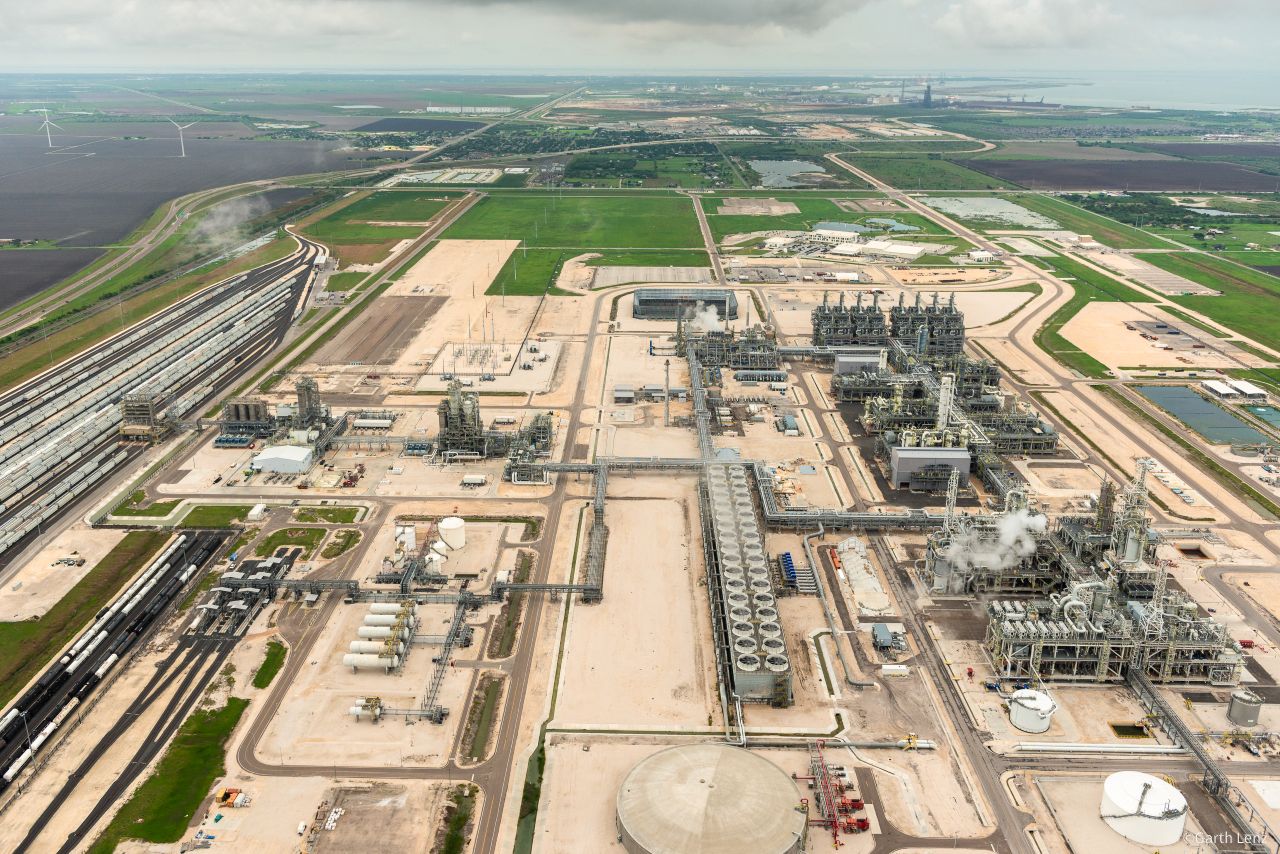Oil and Gas Watch
SIGN UP FOR NEWSLETTER
Thank you! Your submission has been received!
Oops! Something went wrong while submitting the form.
News
No items found.
Project Updates
Reports
No items found.
authors
Sign up for the
Oil and Gas Watch
Newsletter

Articles

News Roundup

Project Updates
Thank you! Your submission has been received!
Oops! Something went wrong while submitting the form.





















